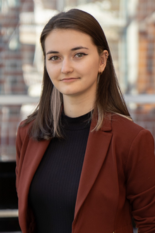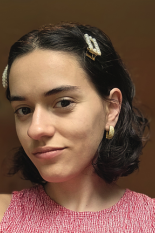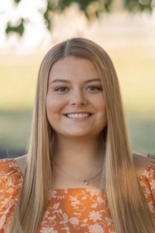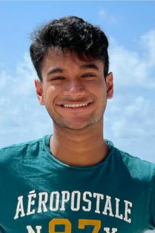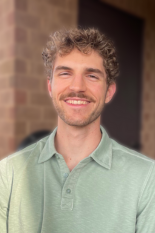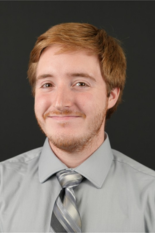News Story
Fischell Institute Spotlight: Juan Zegers
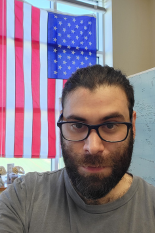
In 2017, Juan Zegers first came to the United States of America to attend a Society for Neuroscience (SFN) conference in Washington, D.C.
While at the conference, Zegers met Fischell Institute Affiliate Fellow Ricardo Araneda. Araneda was intrigued by Zegers’s spirit and invited him to explore the University of Maryland campus and meet his lab group.
At the time of his visit, Zegers was pursuing his undergraduate degree in Biochemistry at the Pontifical Catholic University of Chile (UC Chile) and was curious to learn more about the University of Maryland.
"It was love at first sight; not only the intercultural environment but also the research conducted by different labs at the university caught my attention," Zegers said.
After his visit, Zegers returned to Chile, completed his undergraduate degree, and was accepted into UC Chile’s Master's and Ph.D. program in biological sciences, with a concentration in cellular and molecular biology. Zegers, however, was determined to return to the University of Maryland and join Araneda's lab.
“I was very impressed by Juan since I first met him so I am happy to have him in my lab,” said Araneda. “He is very knowledgeable and has become a valuable member of the lab. He is very charismatic and interacts greatly with everyone in our research team.”
Zegers returned to Maryland’s campus last year to work on some experiments for his Ph.D. thesis. After completing his doctorate, he was invited back to UMD to work as a postdoctoral researcher.
"I am really happy to be here," Zegers said. "I feel like I am an important part of the group, and the whole lab has been amazing and kind to me." The lab group has helped him adjust to living in the U.S. and connect with the UMD community.
Zegers is currently working on a project associated with the Fischell Institute that aims to better understand learning rules of neural networks, developing a theoretical and technological basis for investigating the emergence and persistence of functional computational networks of cultured neurons. Zegers and the lab group recently obtained neuronal activity records with multielectrode arrays that let them register an entire network of 150,000 neurons.
"We are particularly interested in how neurons interact with and respond to their environments," Zegers explained. "I am excited about this project, not just because of its significance, but also because of the methodology we are using."
Zegers would like to stay in the U.S. and apply for postdoctoral research fellowships. In addition, he would eventually like to become a principal investigator at the University of Maryland.
Outside of the lab, Zegers enjoys working out in the Eppley Recreation Center, going on walks to Lake Artemisa with his wife, playing soccer with friends on UMD's campus, reading fantasy books, and playing online video games with his friends back home.
Published October 6, 2023



